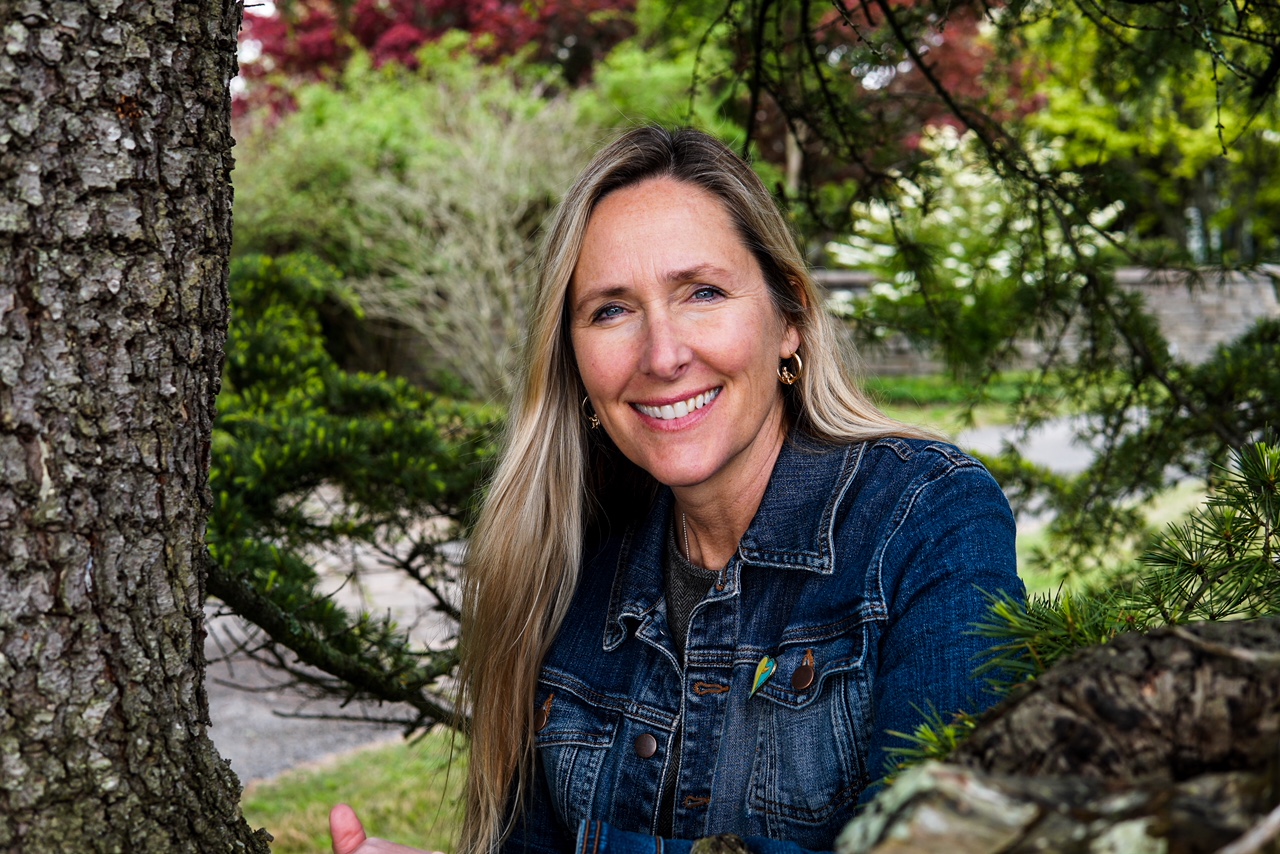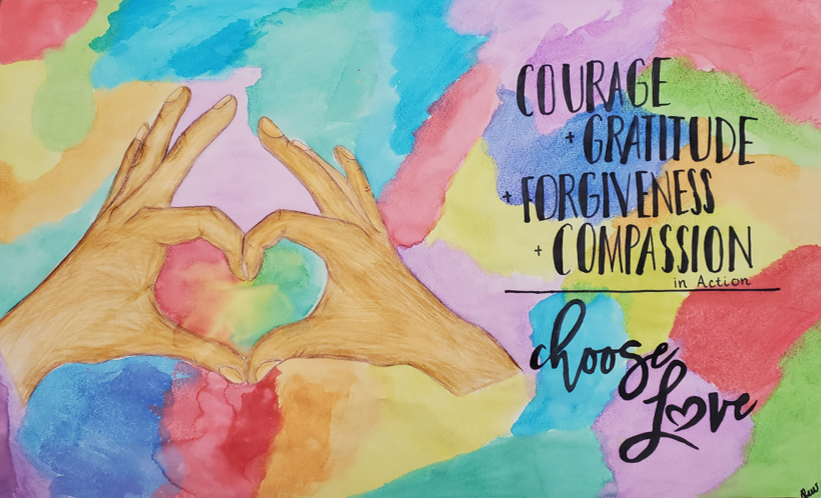As we are all living under the mandate of social distancing we find almost everyone struggling with the ethos of our current stressful environment. As human beings, we were created to connect with one another. Our brains have mirror neurons that help us socialize and communicate by reading the expressions of others. The famous evolutionist Charles Darwin concluded that it would be those who were most ‘sympathetic’ to each other, in other words generous, altruistic, and compassionate, that would survive and thrive. This is based on us being able to have healthy and meaningful interactions. Yet, to stop the spread of the virus we have masked our faces, quarantined in our homes, and separated ourselves from one another. Of course, this was a necessary precaution; however, unfortunately, this is the antithesis to cultivating physical, mental, and emotional health for humans.
Yes, most of us have made the best of it by practicing gratitude for what we have, going deep to redefine our meaning and purpose, and finding renewed appreciation for our home life. This is most likely the response from those individuals with a growth mindset who are able to see the pandemic as a challenge that they can emerge from even stronger. They have the ability to accept their circumstances using internal resources like breath and awareness, to find their way to the present moment, to gain perspective, and to take their personal power back through their thoughtful responses.
There are others however without this understanding. Some were already suffering from existing issues, perhaps mental as well as emotional, that are escalating during this time. These individuals feel like they have little control which has increased their anxiety. As a result, they are feeling overwhelmed, even to a breaking point which leads to making decisions based in fear. In addition, we are now experiencing massive loss of employment or underemployment, health and wellness that is going unchecked and untreated, and isolation, all depleting the hope necessary to flourish.
This is a time when we truly need to place the focus on hope, healing, and connection for both children and adults. I started Choose Love Awareness Month seven years ago as a way of drawing attention to the importance of social and emotional learning. I established the Jesse Lewis Choose Love Movement with the goal of making sure that every child has access to the essential life skills that I know would have saved my son’s life. The former student who perpetrated one of the worst mass murders in U.S. history had been isolated and lonely for years. The tragedy could have been prevented, as can so much of the suffering that we are seeing in today’s world, by teaching our children the skills, tools, and awarenesses that can help nurture and heal them and enable them to thrive, even in the most difficult times.
Prior to quarantine we had an epidemic of loneliness. Cigna released research in 2018 that showed nearly half of Americans reporting they were lonely. One in four people said they felt like no one understood them; two in five felt their relationships lacked meaning; and one in five rarely, if ever, felt close to others. Generation Z (18-22 year-olds) claimed they were lonelier than senior citizens. The negative effects of loneliness are devastating. In fact, feelings of loneliness increases an individual’s risk of premature death from all causes that rival that of smoking, obesity, and physical inactivity. Loneliness is associated with higher rates of depression, anxiety, and suicide. These statistics are from a time before we knew about COVID and the rules that went into effect instructing us to stay away from each other.
Of course we know that loneliness is not the same thing as isolation. You can be in a room full of people, even family members, and feel lonely. Isolation is when you are physically alone or removed from others but doesn’t necessarily have to correlate with loneliness. Loneliness starts as a thought. Those who Choose Love know that a thought can be changed. This is where social and emotional intelligence comes in. These skills have an inverse relationship with loneliness. This is why it is more important than ever to make sure our children have social and emotional learning, every single day. In fact, research shows when kids have these skills and tools they are more connected, have healthier relationships, do better academically, have higher attendance and graduation rates, and less mental health issues. And these benefits last into adulthood and positively impact almost every aspect of our lives!
Since I founded Choose Love it has expanded to include families and communities, and even businesses. We aren’t born with this fundamental social and emotional knowledge. It must be taught. Fortunately, the lessons we offer are fun and easy, and with Choose Love they’re no cost! It’s more important than ever to bring this learning into our homes so that parents are better equipped to model Choosing Love to their children. Communities can help support this message, as well. In fact, social and emotional intelligence is really a practice that must be done every day.
Although we still remain physically distanced we can be socially connected. I personally invite everyone to join us to SELebrate Choose Love Awareness Month, and, as Jesse’s message to his older brother said, to ‘have a Lot of fun!’ During the month of February we will be releasing videos and fun activities every single day that focus on our empowering Choose Love Formula for thoughtfully responding to any circumstance, including COVID, and taking your personal power back by Choosing Love! By registering, you are being part of the solution and helping to spread awareness of these essential life skills that can transform and even save kids. And us big kids, too! It is more important than ever. Thank you for Choosing Love!


